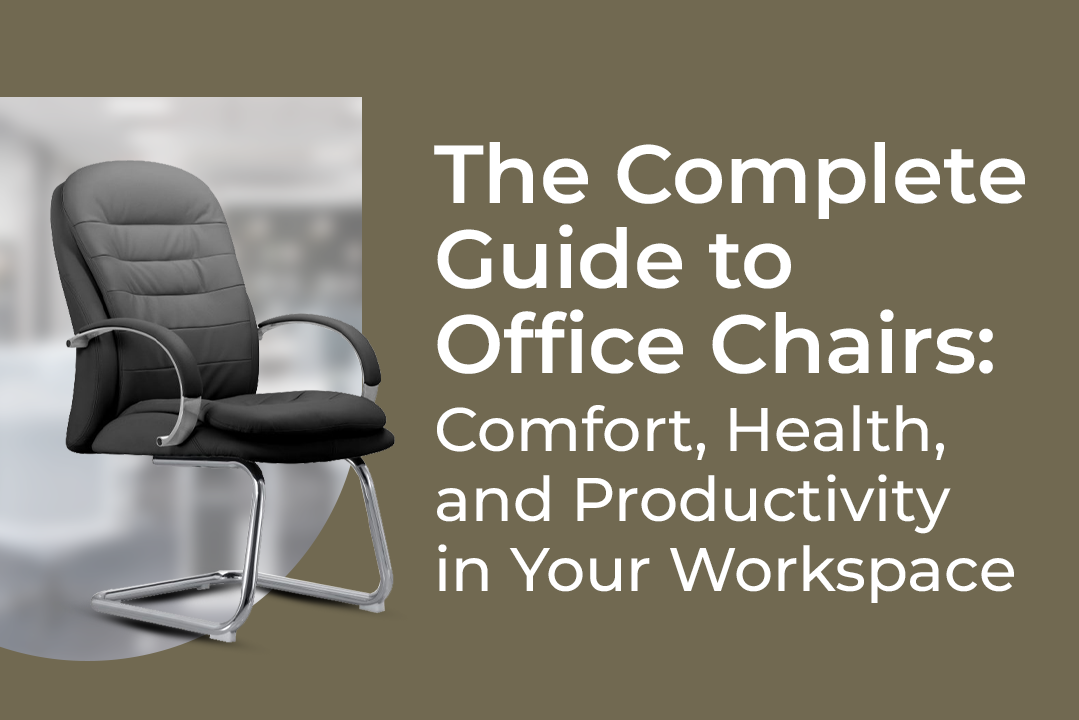Introduction
In our fast-paced world, quality sleep is more crucial than ever. Yet, many overlook the pivotal role a mattress plays in achieving restful slumber. Investing in a high-quality mattress isn’t just about comfort—it’s a commitment to your overall health and well-being.
1. Enhanced Sleep Quality
A quality mattress provides the right balance of support and comfort, promoting deeper and more restorative sleep. This balance helps reduce tossing and turning, allowing you to wake up feeling refreshed and rejuvenated.
2. Proper Spinal Alignment
Maintaining proper spinal alignment during sleep is essential to prevent back and neck pain. A supportive mattress ensures that your spine remains in a neutral position, reducing the risk of discomfort and promoting better posture.
3. Alleviation of Aches and Pains
Sleeping on an old or unsupportive mattress can lead to pressure points and muscle soreness. High-quality mattresses are designed to distribute body weight evenly, alleviating pressure and reducing aches and pains.
4. Improved Mental Health
Quality sleep is closely linked to mental well-being. A comfortable mattress can help reduce stress levels, enhance mood, and improve cognitive function, contributing to overall mental health.
5. Durability and Long-Term Investment
While high-quality mattresses may come with a higher upfront cost, they often last longer than their cheaper counterparts. Investing in a durable mattress can save money in the long run and ensure consistent sleep quality for years to come.
6. Allergy Prevention and Hygiene
Quality mattresses often come with hypoallergenic materials that resist dust mites, mold, and other allergens. This feature is especially beneficial for individuals with allergies or respiratory issues, promoting a healthier sleep environment.
Conclusion
Investing in a quality mattress is an investment in your health, comfort, and overall quality of life. By choosing a mattress that offers proper support, durability, and hygiene, you’re taking a significant step toward achieving restful sleep and improved well-being.
FAQs
Q1: How often should I replace my mattress?
A1: It’s recommended to replace your mattress every 7-10 years, depending on its condition and the quality of materials used.
Q2: What type of mattress is best for back pain?
A2: Medium-firm mattresses are often recommended for back pain, as they provide a balance of support and comfort. Wikipedia
Q3: Can a mattress affect my sleep quality?
A3: Yes, an unsupportive or uncomfortable mattress can lead to poor sleep quality, causing issues like insomnia and daytime fatigue.
Q4: Are expensive mattresses always better?
A4: Not necessarily. While price can indicate quality, it’s essential to consider factors like materials, support, and personal comfort preferences.
Q5: How can I maintain my mattress to extend its lifespan?
A5: Regularly rotating your mattress, using a mattress protector, and ensuring proper support can help extend its durability.














